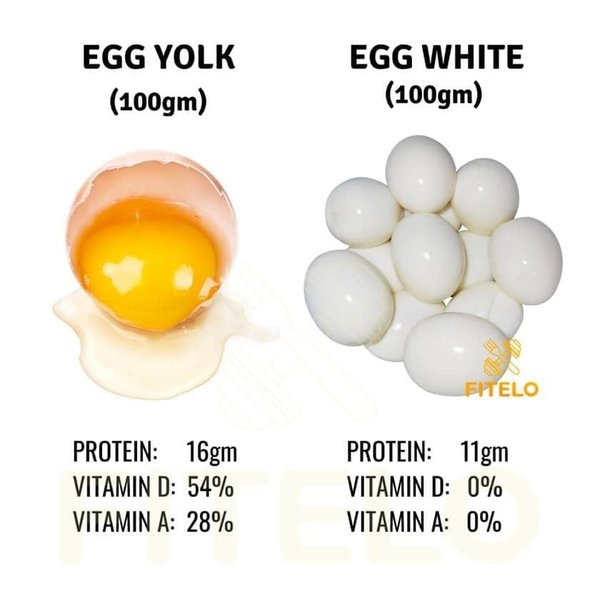When it comes to taking vitamins and minerals, timing and combinations matter. Some nutrients interact negatively with each other, reducing their effectiveness or causing absorption issues. Here are some key vitamin and mineral combinations that should not be taken together:
1. Calcium and Iron
Calcium interferes with iron absorption, especially when taken in high doses together. It is best to take them at different times of the day, especially if you are iron deficient.
2. Zinc and Copper
Zinc can interfere with copper absorption when taken in large amounts. Prolonged zinc supplementation can lead to copper deficiency, so these two minerals should be taken at separate times or balanced correctly.
3. Vitamin C and Vitamin B12
Vitamin C can break down vitamin B12 in the digestive tract, reducing its availability to the body. To avoid this, take vitamin C supplements separately from B12-rich meals or supplements.
4. Calcium and Magnesium
Calcium and magnesium compete for absorption, which can reduce their effectiveness if taken simultaneously. It’s best to space them out, such as taking calcium in the morning and magnesium in the evening.
5. Folic Acid and Zinc
High doses of folic acid can interfere with the absorption of zinc, so it’s wise to stagger them if both are part of your supplement routine.
6. Vitamin K and Vitamin E
Vitamin E, when taken in high doses, can interfere with the blood-clotting properties of vitamin K. If you are supplementing with both, consult with a healthcare provider to manage appropriate dosages.
7. Iron and Green Tea
Tannins in green tea can inhibit iron absorption, particularly non-heme iron from plant sources. If you drink green tea, it’s better to consume it between meals rather than alongside iron-rich foods or supplements.
By being mindful of these combinations, you can ensure that you’re getting the most out of your vitamins and minerals, improving your overall health and well-being.




